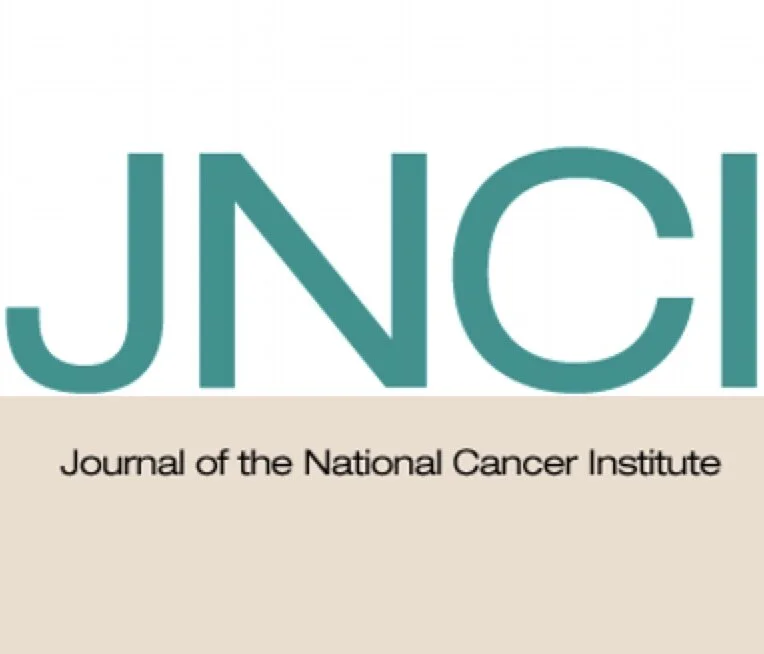Danielle Bitterman
Faculty Member
Dr. Bitterman is a physician-scientist with unique expertise in artificial intelligence and natural language processing. Her research is dedicated to incorporating technological advances in artificial intelligence into intelligent electronic health systems to improve data-driven cancer care. Dr. Bitterman’s laboratory develops natural language processing methods that process vast amounts of data contained within electronic health records that can provide insights individualized to each patient and facilitate more effective communication between patients, caregivers, and clinicians. This work includes automating information extraction from text across multiple clinical and biomedical domains and applying deep learning-based language models to support clinical decision-making and patient education. Dr. Bitterman’s clinical-translational efforts also include prospective clinical trials regarding the use of artificial intelligence technologies in cancer care.
Dr. Bitterman’s team has published on these topics in journals such as Nature Medicine, JAMA Oncology, Lancet Digital Health, Journal of Clinical Oncology, and npj Digital Medicine. Dr. Bitterman routinely speaks at national and international meetings and events on artificial intelligence in cancer. She served as an expert external reviewer for the World Health Organizations’ framework on generating evidence for artificial intelligence-based medical devices. Her work has been recognized by funding from the National Cancer Institute and the American Association for Cancer Research.
Dr. Bitterman received her undergraduate degree at Columbia University, and attended medical school at New York University School of Medicine. She completed an internship in internal medicine at the Brigham and Women's Hospital, and her residency at the Harvard Radiation Oncology Program. She completed her post-doctoral fellowship in natural language processing at the Computational Health Informatics Program at Boston Children’s Hospital.













